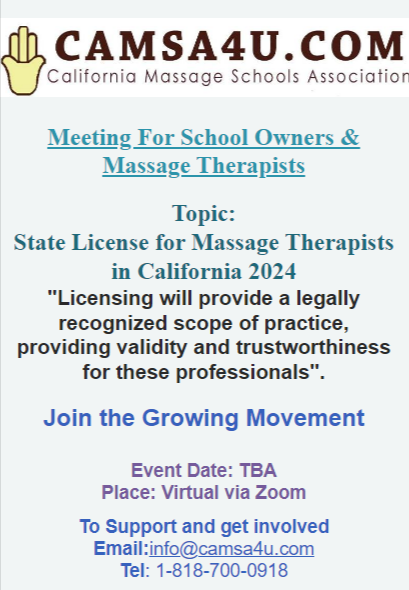Muscle tension can significantly impact our daily lives, leading to discomfort, reduced flexibility, and even chronic pain if left untreated. Whether caused by stress, injury, or repetitive movements, tight muscles are a common problem, often affecting areas such as the neck, shoulders, and back. Massage therapy offers an effective, non-invasive solution to alleviate muscle tightness, providing relief and enhancing overall well-being.
How Muscle Tension Develops
Muscle tension typically results from overuse, stress, or injuries. When we’re stressed, our bodies often react by tightening certain muscle groups, particularly in the neck and shoulders. Over time, this tension can lead to knots—areas where muscle fibers have contracted and lost flexibility. These knots restrict blood flow, causing stiffness and pain that can persist if not addressed.
In addition to stress, physical activities or repetitive movements can also lead to muscle tightness. This is common in athletes, office workers, and those with physically demanding jobs. Without proper care, tight muscles may become more susceptible to injuries, creating a cycle of pain and restricted movement.
Massage Therapy for Muscle Tension Relief
Massage therapy is one of the most effective ways to release muscle tension. Therapists use a combination of techniques, including kneading, deep pressure, and gentle stretching, to target and release knots within the muscles. The benefits of massage for relieving tension are immediate and can last well beyond the session itself.
One of the primary ways massage helps relieve muscle tightness is by improving circulation. Increased blood flow to tight muscles delivers essential nutrients and oxygen, which help reduce inflammation and promote muscle relaxation. Improved circulation also helps flush out toxins and lactic acid buildup, further reducing soreness and pain.
Different Techniques for Different Needs
Massage therapy offers various techniques to address specific muscle tension needs:
- Swedish Massage: Known for its gentle, flowing strokes, Swedish massage helps relax the entire body, making it ideal for reducing overall muscle tension caused by stress.
- Deep Tissue Massage: This technique uses more intense pressure to reach deeper layers of muscle and fascia, making it effective for chronic pain or tension caused by injury or repetitive strain.
- Trigger Point Therapy: Often used for pain relief, trigger point therapy focuses on releasing knots within the muscle fibers. The therapist applies direct pressure to these areas, helping release the knots and relieve pain.
- Sports Massage: Tailored for athletes, sports massage targets specific muscle groups used in training, helping prevent injuries and reduce recovery time.
Each technique can be customized to the individual, allowing the therapist to tailor the pressure and focus on problem areas for maximum relief.
Long-Term Benefits of Massage Therapy
While massage therapy offers immediate relief from muscle tension, its benefits extend well beyond the treatment room. Regular massage sessions can help prevent tension from building up in the first place, making it an excellent choice for those who experience stress or engage in physical activities regularly. With consistent massage, muscles become more flexible, circulation improves, and the body learns to recover faster, reducing the risk of future pain and injury.
Additionally, the relaxation benefits of massage play a key role in reducing stress-related tension. By encouraging the body to enter a state of deep relaxation, massage lowers cortisol levels and promotes the release of endorphins, the body’s natural painkillers. This not only relieves muscle tension but also helps reduce anxiety and improve sleep quality.
Make Massage Part of Your Routine
If you’re dealing with muscle tension due to stress, injury, or overuse, consider incorporating massage therapy into your routine. A consistent approach can help relieve pain, improve flexibility, and contribute to a healthier, more balanced lifestyle. Treating muscle tension now can prevent future discomfort and keep you feeling your best. Reach out to a licensed massage therapist and experience the difference that targeted muscle relief can make.

